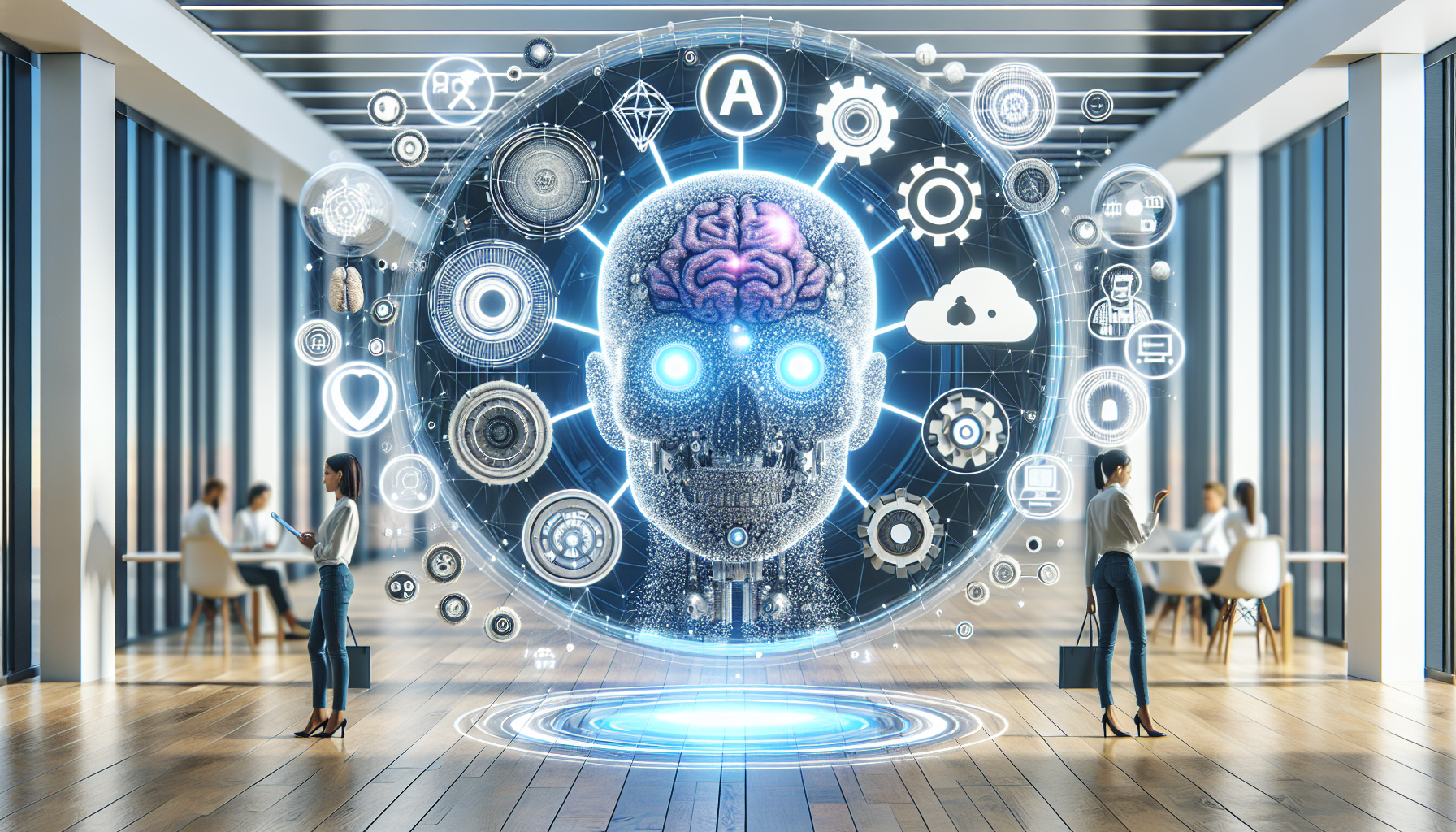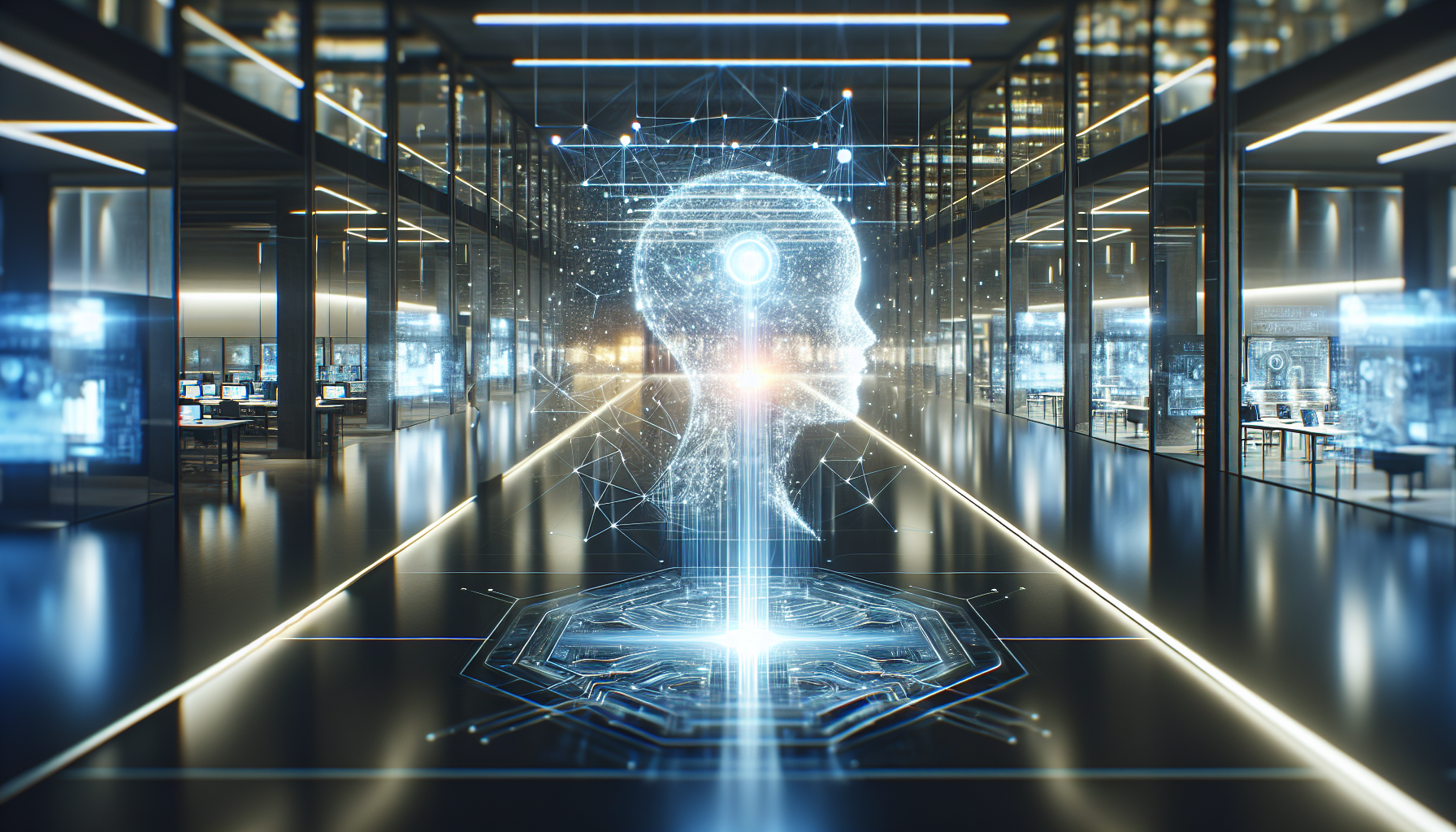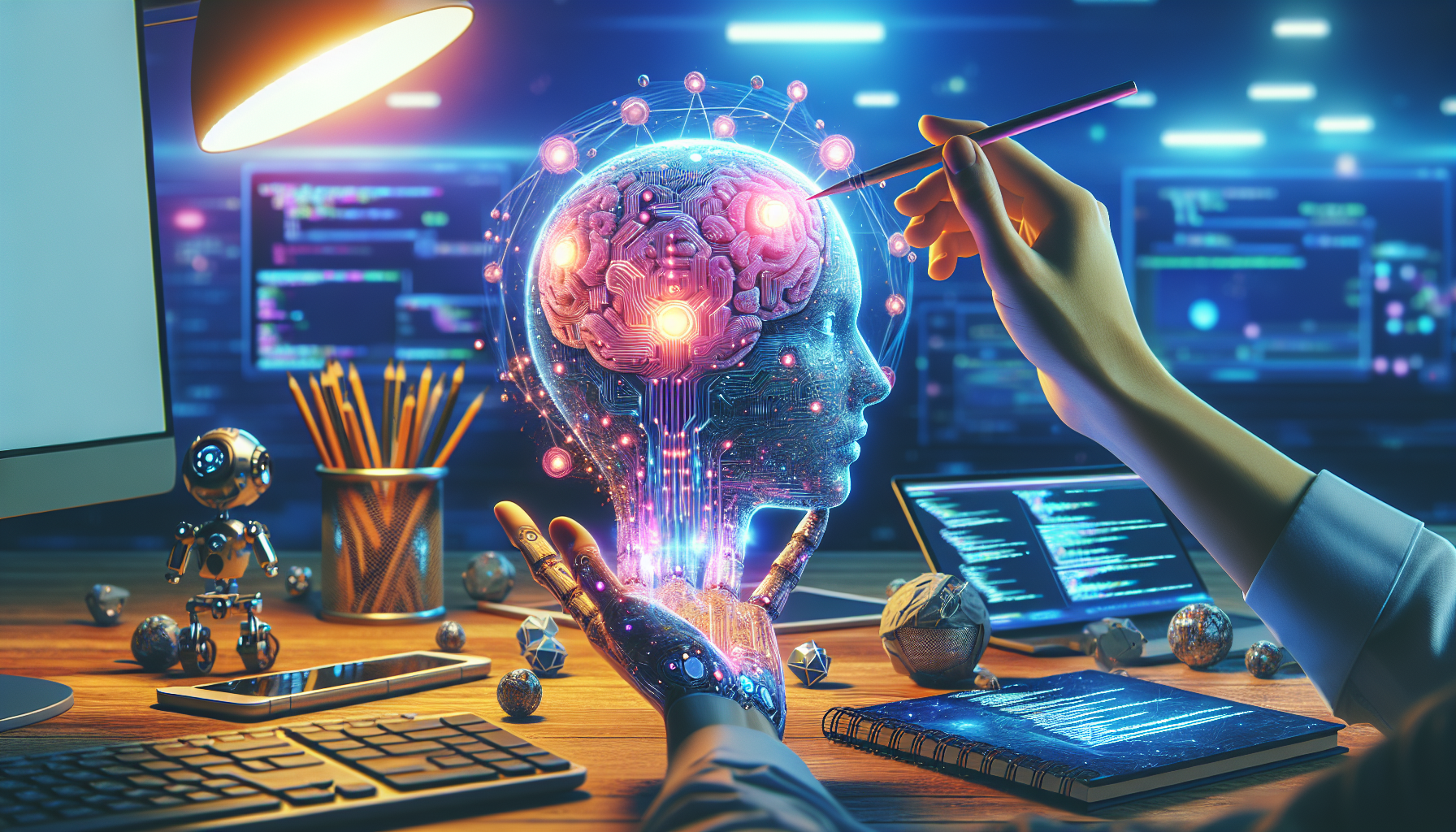
Revolutionizing Medicine: How AI is Transforming Drug Discovery and Development
March 22, 2025
Artificial intelligence is not just a buzzword in the tech industry; it is a transformative force reshaping the pharmaceutical landscape. The integration of AI into drug discovery and development is more than just a trend; it's a revolution in how we approach the creation of new medicines. With the rising complexity of diseases and the urgent need for more effective treatments, AI has emerged as a pivotal player in accelerating the drug development pipeline. This article delves into the profound impact AI is having on this field and why embracing this technology is not merely an option but a necessity.
For decades, the process of drug discovery has been a time-consuming and costly endeavor, often taking years and billions of dollars to bring a single drug to market. Traditional methods have relied heavily on trial and error, with researchers sifting through vast libraries of chemical compounds to identify potential candidates. Enter artificial intelligence, with its capacity to analyze massive datasets and identify patterns that would be impossible for humans to detect. AI algorithms can predict how different compounds will interact with the body, significantly speeding up the identification of promising drug candidates.
One of the most compelling aspects of AI in drug discovery is its ability to process and interpret biological data at an unprecedented scale. Machine learning models can analyze genetic information, cellular data, and chemical interactions to identify potential therapeutic targets. This capability is particularly crucial in the realm of personalized medicine, where treatments are tailored to individual genetic profiles. AI's ability to sift through genetic data to identify which patients will benefit from specific treatments holds the promise of more effective and personalized healthcare solutions.
Moreover, AI is not just accelerating the early stages of drug discovery; it's also enhancing the development phase. Clinical trials, a critical step in bringing a drug to market, are traditionally fraught with inefficiencies. Patient recruitment, trial design, and data analysis are complex tasks that AI can optimize. By predicting patient responses and identifying potential side effects early on, AI can help design more efficient trials, reducing both time and costs involved. This efficiency not only benefits pharmaceutical companies but also patients who can access new therapies sooner.
Despite these advantages, the integration of AI into drug development is not without challenges. Data quality and availability remain significant hurdles. AI models are only as good as the data they are trained on, and incomplete or biased datasets can lead to inaccurate predictions. Additionally, there is a need for greater transparency in AI algorithms to ensure their decisions are explainable and trustworthy. Regulatory bodies are also grappling with how to evaluate AI-driven drug development processes, necessitating new guidelines and standards.
Nonetheless, the benefits of AI in this sector far outweigh the challenges. Its ability to streamline drug discovery and development processes has not gone unnoticed by major pharmaceutical companies, many of which are investing heavily in AI technologies. Collaborations between tech firms and pharmaceutical giants are becoming increasingly common, combining expertise to drive innovation. These partnerships are not just about technology transfer but represent a fundamental shift in how the industry operates, breaking down silos and fostering a more collaborative environment.
AI's role in drug discovery and development extends beyond corporate interests; it is a key to addressing global health challenges. The rapid development of vaccines and treatments in response to emerging health crises has underscored the importance of innovative approaches. AI's ability to quickly analyze data from worldwide sources can accelerate the development of solutions to global health threats, demonstrating its potential to save lives on a massive scale.
In considering the broader impact of AI on drug discovery and development, it's important to recognize its potential to democratize access to healthcare. By lowering the costs and increasing the speed of drug development, AI can help make medicines more affordable and accessible, particularly in underserved regions. This democratization of drug development could lead to a more equitable distribution of healthcare resources globally.
As we stand on the brink of this new era in medicine, one question looms large: How will society, regulators, and the pharmaceutical industry adapt to fully harness the power of AI? The answer lies in embracing a future where AI is not just a tool but a partner in innovation. By fostering collaboration, investing in robust data infrastructure, and ensuring ethical considerations are at the forefront, we can unlock the full potential of AI in revolutionizing drug discovery and development. What remains to be seen is how swiftly and effectively these changes will be implemented, setting the stage for a new chapter in healthcare innovation.


